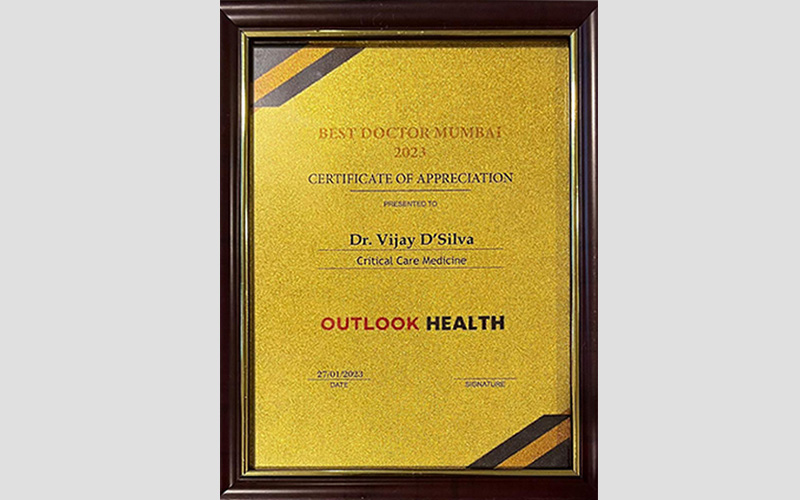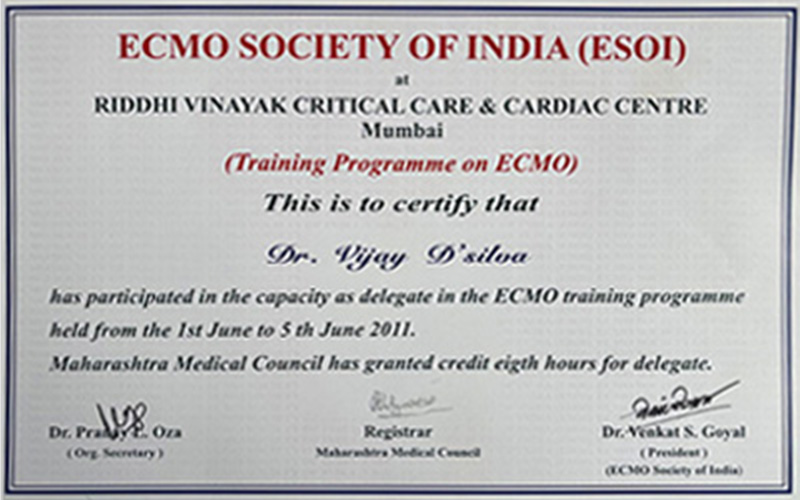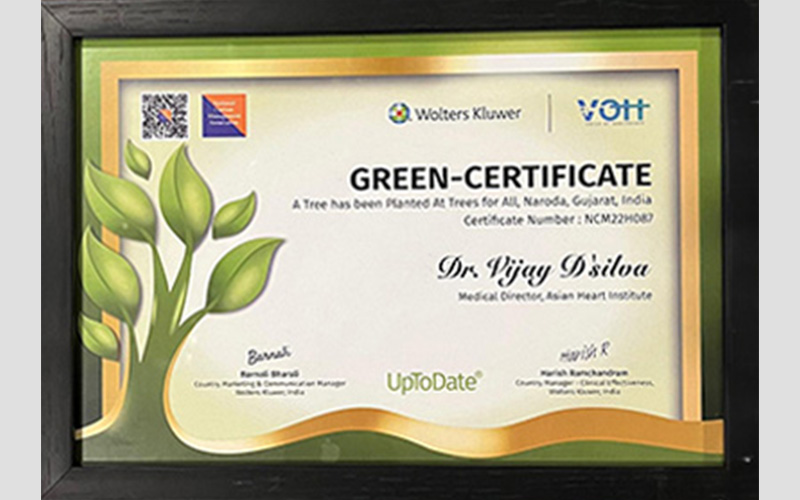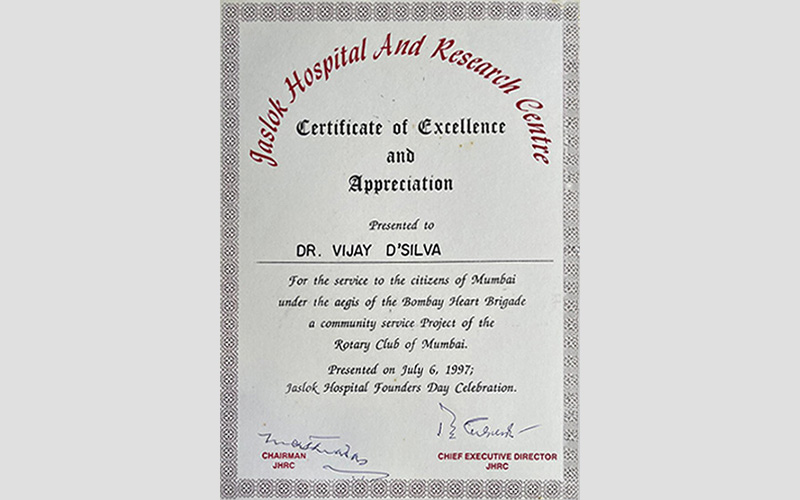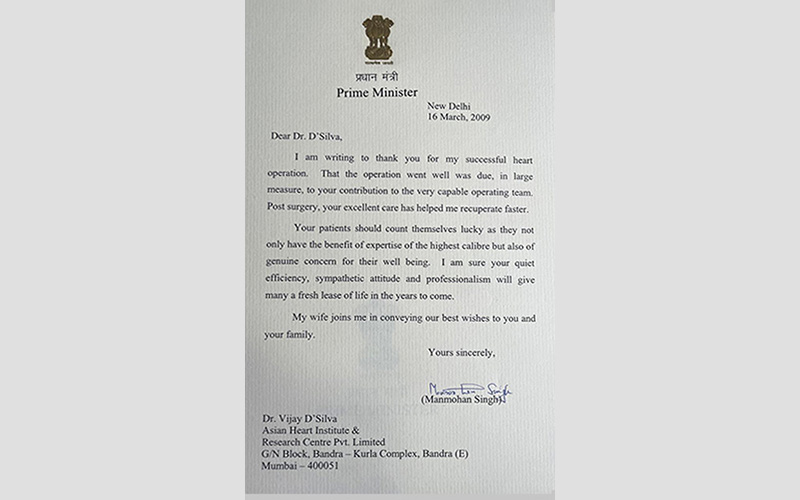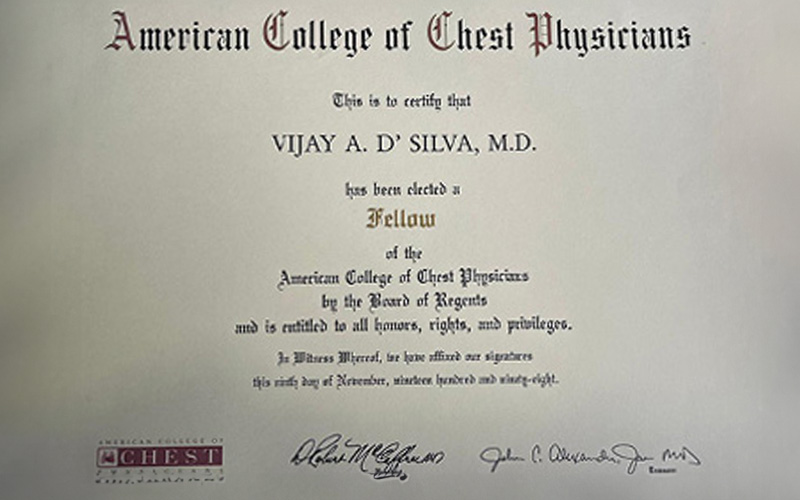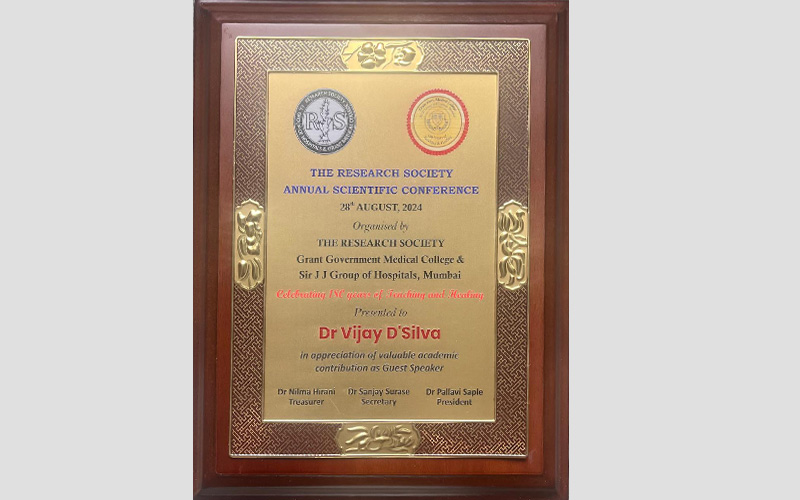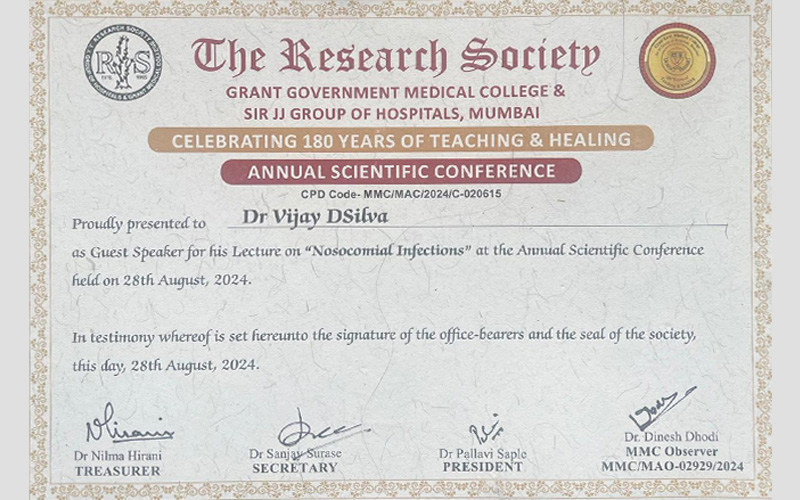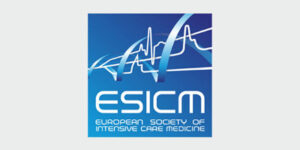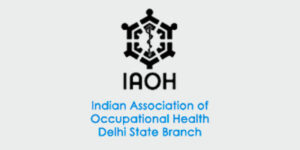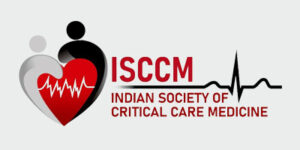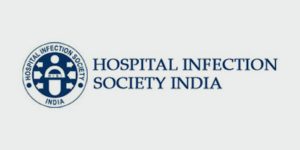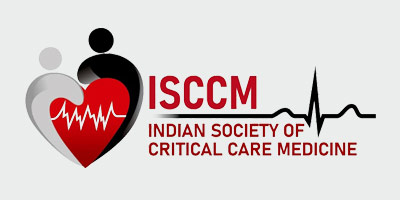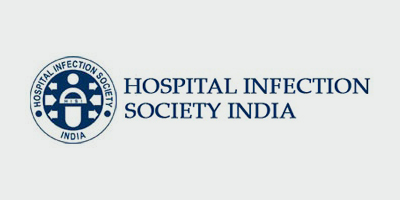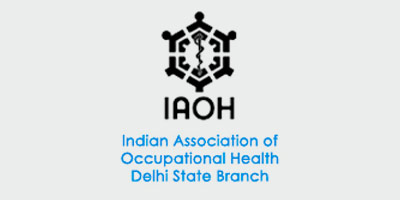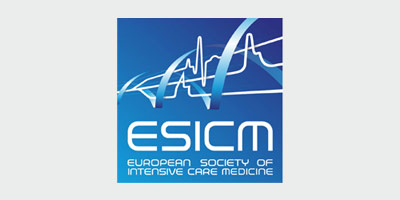Dr. Vijay D’Silva
- Home
- Dr. Vijay D’Silva
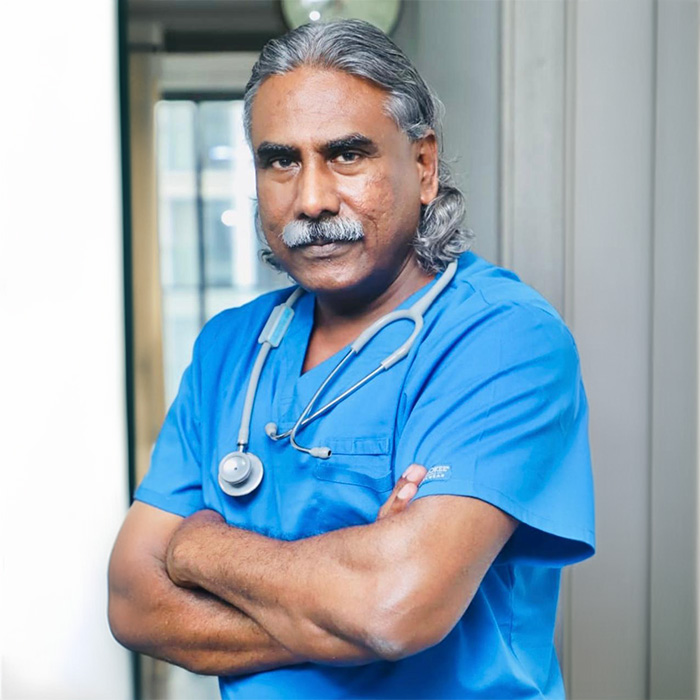
Meet Dr Vijay D’Silva
Dr. Vijay D’Silva is Medical Director, Director of Critical Care, and an esteemed Consultant Physician at White Lotus International Hospital & Research Center, Navi Mumbai. With three decades of experience in Emergency Medicine and Critical care, Dr. Vijay D’silva holds 30 years of expertise in Cardiac and Cardiovascular Care. He is recognized as a pioneer in managing complex and critical patients.
In addition to his clinical practice, Dr. Vijay D’Silva serves as a dedicated teacher, guide, and examiner for postgraduate students, imparting his knowledge and mentoring the next generation of doctors and is frequently invited as faculty for national and international events.
Dr. Vijay D’Silva has held the position of Medical Director of the Standard Chartered Mumbai Marathon from 2004 to 2017 and was Medical Director of Tata Mumbai Marathon from 2018 to 2024. These roles demonstrate his commitment to Sports Medicine and his involvement in promoting health and wellness in the community.
Core Competency

- Managing all types of emergency patients.
- Managing cardiac and cardiac surgical patients. Pre-operative/Pre-procedural risk assessment, risk optimization and post-operative / Post procedure management.
-
Managing all medical cases
(Cardiac, Pulmonary, Diabetes, Lifestyle illnesses, Cardiometabolic specialist etc.) - Worldwide patient transfer
- Planning and execution of new critical care units
- Training and development of critical care personnel.
- Administration of critical care units and emergency department.
- Training in infection control and Quality (NABH, JCI)
- Medico legal opinion
- Health talks for corporate
ICU* Patients Treated
(Cardiology, Cardiac Surgery And Medical Patients)
Heart Surgery Patients Treated
Prevent.Screen.Treat

Prevent
Prevention is always cheaper than treatment. Prevention is the measures taken to reduce the chance of developing a disease. The majority of the medical issues are preventable. The significant ones like diabetes, blood pressure, heart problems, brain stroke, obesity, addictions, psychological disorders etc. are all the result of lifestyle choices. They are preventable simply by lifestyle management. Prevention starts before the development ofthe disease. Once the disease has developed then lifestyle changes are not going to reverse it but are effective in preventing further progress. A person needs treatment in addition to lifestyle change.
Prevention can be primary, secondary or tertiary prevention.
Primary Prevention:
Vaccination is primary prevention. Similarly genetic counselling and testing before marriage is also primary prevention.
Secondary Prevention:
Secondary prevention is detection of disease before development of symptoms. Typical examples are cancer screening, cardiac screening, metabolic screening etc., where the disease is detected before the patient has any symptoms or permanent damage done by the disease.
Tertiary Prevention:
Tertiary prevention focuses on a person who is already affected by a disease and is undergoing treatment. Examples are cardiac and stroke patients on aspirin and statins to prevent further events.
Screen
Early detection of any disease is better to prevent suffering, disability and death. To be aware of a disease after it has done the damage is not desirable. To diagnose and treat diabetes before its complications have developed has a better outcome. To treat the blockage in heart before it causes heart attack is the right way to prevent damage to the heart. Similarly to diagnose and treat cancer before it has spread, is the correct way to prevent suffering ,disability and death. To summarise, early and regular periodic screening can help in early diagnosis and treatment resulting in better outcomes leading to better quality of life and longevity. Early detection and correction of medical issues has a better outcomes then treating after the damage is done.


Treat
Whenever a disease is diagnosed in health screening or after it has manifested with symptoms it is necessary to consult a qualified medical professional to take immediate remedial steps. Avoid self treatment as it can cause serious and irreversible damage. Similarly waiting for symptoms to develop before taking treatment also can be dangerous. The advances in medical care has made it possible to get curative treatment if early intervention is done.
Cancer:
Prevention :
Avoidance of tobacco/alcohol/processed food/excessive solar radiation/artificial ultraviolet radiation/air pollution (diesel exhaust, cigarette smoke, particulate air pollutant, indoor wood or charcoal burning etc). Be physically active, maintaining a healthy weight, eating a diet rich in fruits, vegetables, and whole grains and low in saturated/ Trans-fat. Protecting against sexually transmitted infections (human papillomavirus [HPV], HIV)
Screening :
Standard guideline recommending the frequency and modality of screening for breast, cervical, ovarian, prostate, colorectal, lungs cancers are available. Also genetic testing, multicancer blood test, PET scan and other imaging modalities.
Treatment :
surgical, chemotherapy, radiation, hormonal and immunotherapy are available and are curative if availed early.
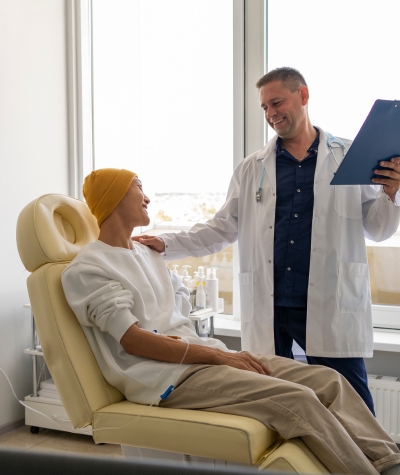
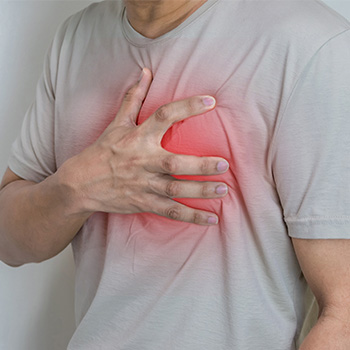
Heart Disease:
Prevention :
Measures to prevent hypertension, diabetes mellitus, dyslipidaemia and obesity. Avoiding physical inactivity, smoking, alcohol and stress. Having proper diet and enough sleep.
Screening :
Persons between the ages of 20 to 75 yrs. should undergo screening for heart disease by risk assessment and blood test. Further assessment will depend on risk profile.
Treatment :
Highly advanced medical, surgical and cardiac catheterization treatment is available.
Awards & Achievements
Get First Consultation For Free Today!
Find the best expert for your psychological health needs


